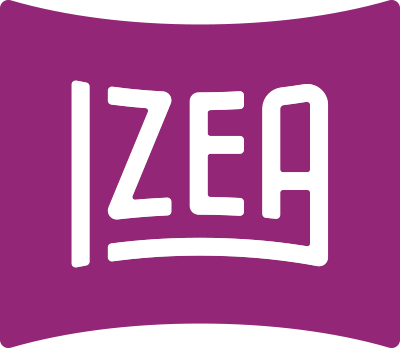Words by Maryl Celiz
Leaving the corporate media world and stepping out on your own is exciting for a writer. You get to write what you want. You make your own hours. You call the shots.
You’re no longer the writer. You’re now The Publisher (yes, it’s a title. With caps.)
Being The Publisher may sound a lot like being the writer just with more privileges, but this is not entirely the case. As an entrepreneurial journalist and independent content provider (blogger, freelance writer, online magazine owner), you have now stepped out of the newsroom and into the business world. This means, among many other things, that you are in charge of one department that was previously completely foreign to you and may make you hear the Imperial March in your head: Sales.
Let’s be clear: Entrepreneurial journalism means you are in the business of selling your written work. Not just in charge of writing it – in charge of selling it. If you have a blog or magazine, this means you’ll sell advertising in the form of banners or text links. When I first launched HLifeMedia.com, the implications of this hadn’t quite sunk in, and I think it was probably the biggest hurdle I had to overcome as I transitioned into the role of a publisher. I was thrilled to finally publish something entirely within my control and after ten years in journalism knew I could do content with my eyes closed, so volume wasn’t a problem. Design? I had a partner for that. Editing? Cake. Advertising sales? Wait – what?
If you cut your teeth in newspapers like I did, you know that editorial and advertising have an implied church-and-state relationship. The line doesn’t get crossed. But as a writer and publisher, you’re pope and prez. Now that I’ve successfully made my peace with this, let me tell you a few things I learned along the way.
– Sales is a service. Since it’s all about perspective, and most journos see their work as a service to humanity, it helps to see sales the same way. A highly successful ad sales friend of mine once told me, “It’s not about selling. It’s about solving a problem. In the case of ad sales, you’re solving someone’s problem by helping that person or company reach a market that will be interested in and is probably in need of that product.” This helped me stop seeing sales people as sharks and allowed me to be OK with exploring my new responsibilities as someone who offered my readers content as well as product and service choices that matched their wants and needs.
– Sales is a process. Like everything else, you’ll have to do a little research (but you’re a professional journalist. Research is your middle name). I spent a good amount of time reading blogs and books about the sales process, including steps like qualifying leads, closing a sale, how and when to follow up, and what to expect as far as timeframe. The effort was well spent: I closed my very first ad sale the same day that I presented for the client, and even upgraded the sale with a little incentive and some light negotiation. One advantage you’ll have over any corporate ad sales executive: Nobody knows your product better than you do (you created it). As you’ll learn, product knowledge is half the sales battle.
– Sales is growth. My business advisor said to me pretty early on: “If it’s not making money, it’s not a business – it’s a hobby.” As an entrepreneurial journalist, you’re in business to make money while doing what you know and love. Sales skills like a great pitch and presentation don’t just provide the advertising money to make your business sustainable, they also help you land the venture capital you may need to take your business to the next level.
– Sales is a rush. You know those smiling faces and the endless fun over in the ad sales department? It’s the sales glow. It involves a little fear mixed with a bunch of determination, a splash of confidence and serious perseverance, all resulting in success and a whole lot of money in your pocket. It’s a rush. Closing a sale you’ve worked on for months is like finding out that girl you’ve been in love with for a year and courting with all your might and wit actually likes you back. Score.
– Sales is already in you. Here’s the good news: Perfecting your elevator pitch to land a major advertiser or the ideal investor doesn’t require you to be a seasoned Hollywood screenwriter. You actually already have a background in sales. If you’re a writer, you practice sales all the time – with your editor. A story pitch is a sales pitch. Use your story pitching skills to take the pressure off and help others see the value in what you’re offering.
As a publisher, you’ll come to see that sales and advertisers are not the enemy – they help grow your business and your readership. Advertising sales provide money for marketing (‘cause if a tree falls in a forest but there’s no one to hear it…), for SEO (again, the tree), for administrative help (you’re the writer, the CEO, the sales guy, the…), for incorporation/lawyer/accountant fees (I know you’re great at research but legal and accounting are two areas in which you don’t want a learning curve), and much more. Own your new title and treat the sales aspect of business with as much respect and devotion as you do the writing. The survival of your publication depends on it.
Maryl Celiz is the Co-Founder of www.HLifeMedia.com, a holistic health lifestyle publication that integrates the mind, body, and spirit and approaches wellness from the inside out. She took a picture with her first ad sales check and hasn’t looked back since.




